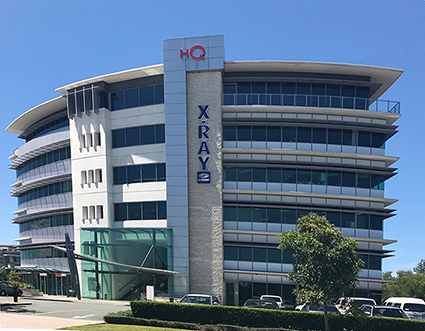Wisdom Teeth
Wisdom teeth are usually the last teeth to erupt and generally appear in the late teens or early twenties. Sometimes there isn’t enough room for them to come through normally and, when this happens, they are said to be “impacted”.
An impacted wisdom tooth needs to be removed because it can cause a number of problems.
- Repeated infections in the gum surrounding the tooth can cause pain and swelling.
- Trapped food can cause decay either in the wisdom tooth itself or the tooth next to it.
- A cyst can form around the wisdom tooth.
Surgery can take anything from a few minutes to 20 minutes depending on the position of the tooth. If the wisdom tooth hasn’t come through completely the surgeon will need to make a cut in the gum over the tooth and may also need to remove some bone. The tooth often needs to be cut into two or three pieces before it can be removed. Stitches usually disappear completely in a couple of weeks.
Most wisdom teeth extractions are performed in hospital under a general anesthetic, which puts you to sleep
completely.
You will be able to go home on the same day.
After surgery you’re likely to experience some discomfort and swelling both inside and outside of your mouth. This usually eases after the first three days but it may take up to two weeks for the soreness to disappear completely. There may also be some bruising on your face, which will also fade in a couple of weeks. Your surgeon will arrange pain relieving medication and may prescribe a course of antibiotics.
It’s important to keep the extraction site as clean as possible for the first few weeks after surgery. If you’re finding it difficult to clean the teeth close to the extraction site, gently rinse your mouth with a recommended mouthwash or a flat teaspoon of kitchen salt dissolved in a cup of warm water. This should start the day after surgery. If your jaw feels stiff you may need to eat soft foods for a week or so.
We recommend that you take five to seven days off work and avoiding strenuous exercise during this time. It’s important that you don’t drive or operate machinery for 24 hours after Intravenous sedation or 48 hours after a general anaesthetic.
Your surgeon will explain all aspects of the procedure and possible outcomes before arranging for you to have surgery. You will also leave the hospital or surgery with everything you need for further care. If you have any questions or concerns before or after your surgery, please contact the Oral Surgery Implant Group.

